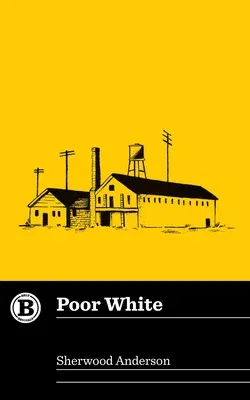Sherwood Anderson
(Author)Poor White (None)Paperback - None, 1 June 2018

Qty
1
Turbo
Ships in 2 - 3 days
In Stock
Free Delivery
Cash on Delivery
15 Days
Free Returns
Secure Checkout

Part of Series
Belt Revivals
Print Length
352 pages
Language
English
Publisher
Belt Publishing
Date Published
1 Jun 2018
ISBN-10
1948742004
ISBN-13
9781948742009
Description
Product Details
Author:
Book Edition:
None
Book Format:
Paperback
Country of Origin:
US
Date Published:
1 June 2018
Dimensions:
20.07 x
13.97 x
2.54 cm
ISBN-10:
1948742004
ISBN-13:
9781948742009
Language:
English
Pages:
352
Publisher:
Series:
Weight:
430.91 gm